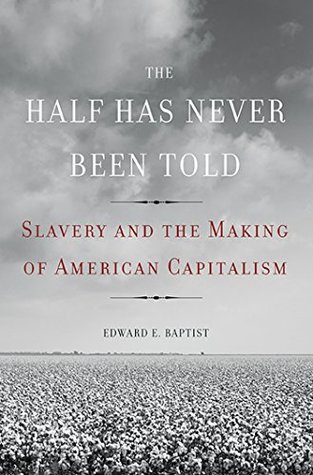Kentucky and Mississippi could have been closed to slavery. Instead, during the 1780s, the early days of the American republic, decisionmakers in Philadelphia, New York, at Monticello, and elsewhere took crucial first steps that would allow slavery to spread. BACK-AND-FORTH RAIDING DURING THE Revolution had stopped white settlement short of the mountains in South Carolina and Georgia. Few settlers had crossed the Appalachians into the Virginia and North Carolina districts that would become Kentucky and Tennessee. But potential migrants knew something about what lay beyond the bloody fringe of
Kentucky and Mississippi could have been closed to slavery. Instead, during the 1780s, the early days of the American republic, decisionmakers in Philadelphia, New York, at Monticello, and elsewhere took crucial first steps that would allow slavery to spread. BACK-AND-FORTH RAIDING DURING THE Revolution had stopped white settlement short of the mountains in South Carolina and Georgia. Few settlers had crossed the Appalachians into the Virginia and North Carolina districts that would become Kentucky and Tennessee. But potential migrants knew something about what lay beyond the bloody fringe of settlement. Since the early eighteenth century, white traders had walked deep into the woods of present-day South Carolina, Georgia, and Alabama, their mules laden with beads, guns, and liquor. Sometimes these merchants walked with enslaved African or African-American assistants. Those who returned alive told of rich soil and broad rivers. Further north, a trickle of settlers began to follow hunter Daniel Boone’s reports of rich lands across the mountains that rose west of the Shenandoah Valley.6 Only after the American victory did waves of migration begin to surge west across the mountains. By the early 1780s, settlers were sending word back east of Kentucky acres that yielded a hundred bushels of corn apiece, an “Elysium . . . the garden where there was no forbidden fruit.” But Native Americans called the region the “dark and bloody ground,” a land of rich hunting over which they ha...
...more
This highlight has been truncated due to consecutive passage length restrictions.


